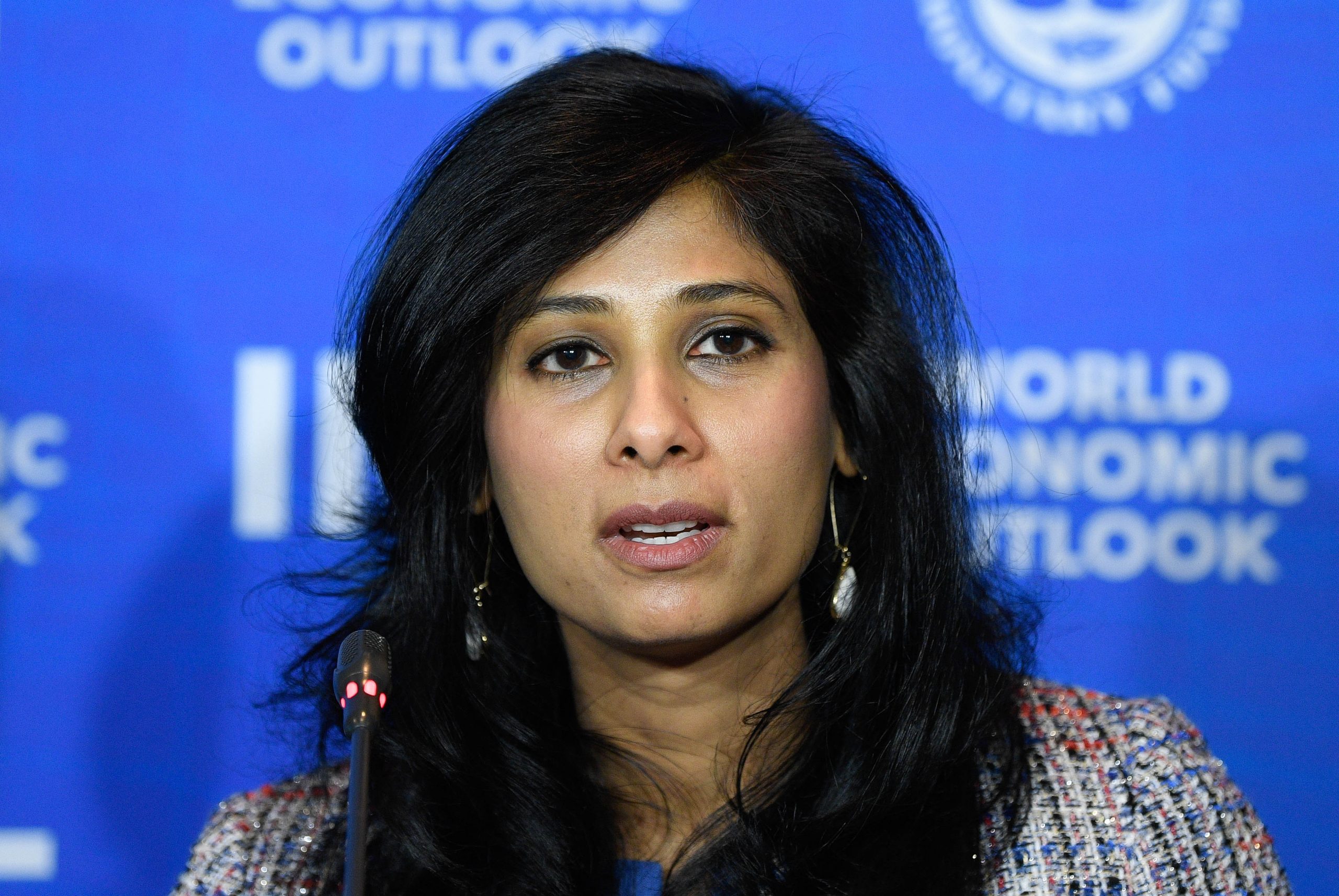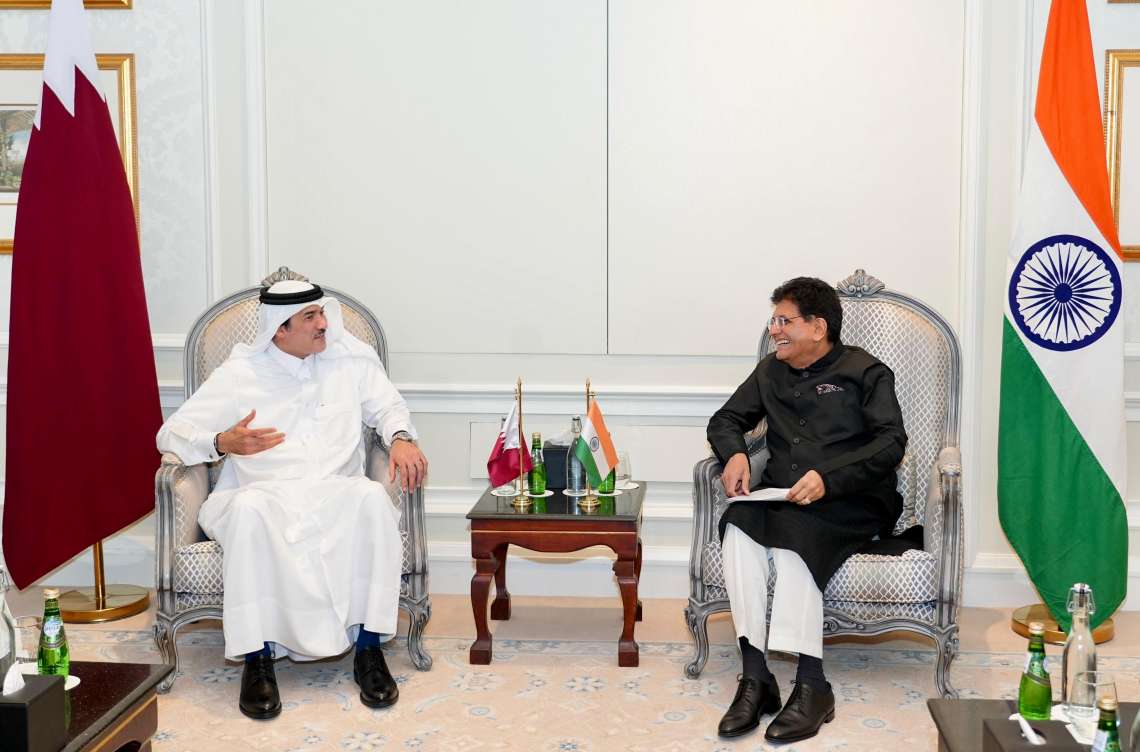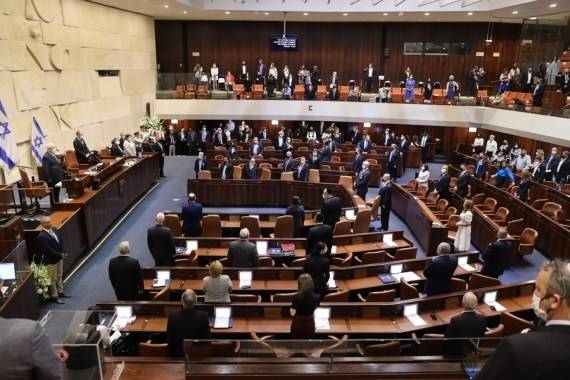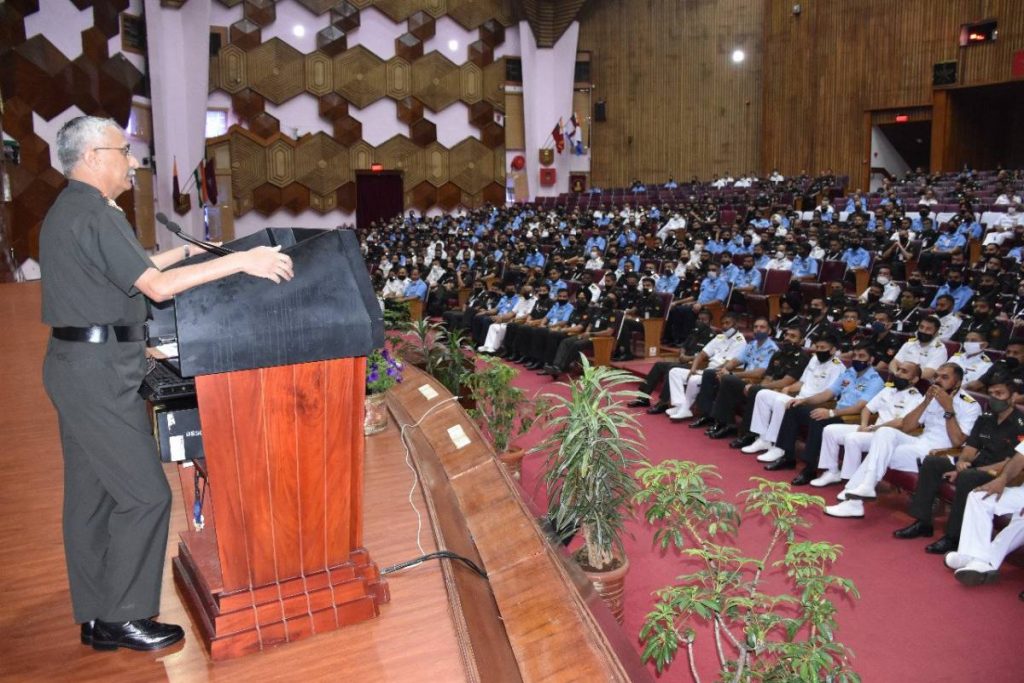Figures released by IMF Chief Economist Gita Gopinath reveal that India has regained its status as the world’s fastest growing economy, reports Arul Louis.
India’s economy is projected to grow at the historically high level of 12.5 per cent this fiscal year, but the International Monetary Fund’s (IMF) Chief Economist Gita Gopinath cautioned that the current wave of the pandemic “is quite concerning.”
The growth projection was raised on the basis of “evidence we were getting in the last couple of months in terms of the normalisation of economic activity,” she said at the release of the World Economic Outlook (WEO) report in Washington.
“These numbers precede the current wave of the virus, which is quite concerning,” she added.
With the unprecedented growth rate projection of 12.5 per cent not seen in modern times, India also regains its status as the world’s fastest growing economy, according to the WEO.
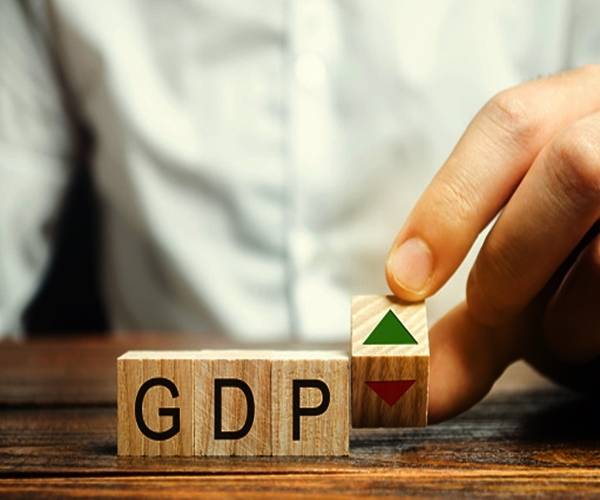
Malhar Nabar, the Division Chief in IMF’s Research Department, said, “The current forecast that we have already takes a fairly conservative view on the sequential growth for the Indian economy for this year.”
“But it’s true that with this very worrying uptick in (COVID-19) cases that poses very severe downside risks to the growth outlook for the economy,” he added.
The WEO projected India’s gross domestic product (GDP) growth to moderate to 6.9 per cent in next fiscal year, while still retaining the top growth rate spot.
Any elation over the historically high rate is, however, moderated by the fact of India’s negative growth rate of 8 per cent during 2020-21.
The growth rate projection for 2021-22 is 1 per cent higher than the 11.5 per cent projection made by the IMF in January and 5.1 per cent more than the 7.4 per cent in April last year.
The previous highest GDP growth rate in modern times for India was recorded in 2010 at 10.3 per cent, and the records before that were 9.8 per cent set in 2007 and 9.6 in 1988, according to IMF data.
The IMF growth rate projection for India is nearly in line with the 12.6 per cent from the Organization for Economic Cooperation and Development (OECD) last month.
Gopinath struck a note of optimism for the world economy, which was projected by the IMF to grow by 6 per cent this year, an increase of 0.5 per cent from the January figure.
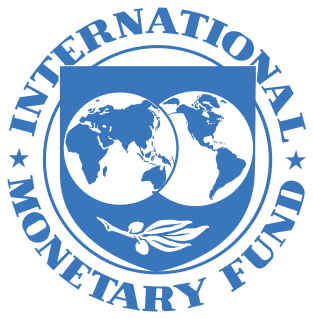
She wrote in a foreword to the WEO, “Even with high uncertainty about the path of the pandemic, a way out of this health and economic crisis is increasingly visible.”
“Adaptation to pandemic life has enabled the global economy to do well despite subdued overall mobility, leading to a stronger-than-anticipated rebound, on average, across regions,” she added.
However, she also warned, “A high degree of uncertainty surrounds these projections, with many possible downside and upside risks. Much still depends on the race between the virus and vaccines. Greater progress with vaccinations can uplift the forecast, while new virus variants that evade vaccines can lead to a sharp downgrade.”

India’s projected growth rate is 4.1 per cent higher than that for China, which ranks next with 8.4 per cent.
But China was the only major economy to have a positive growth last year of 2.3 per cent, while the rest of the world was in the red.
The global economy shrank by 3.3 per cent last year.
Advanced economies are projected to grow by 5.1 per cent after a 4.7 per cent dip last year.
Within that group the US is projected to be the best performer with a 6.4 per cent growth next year after a 3.5 per cent shrinkage last year. That is the highest growth for the US since 1984 when it recorded 7.2 per cent.
Also Read-UK economy shrank less than feared

